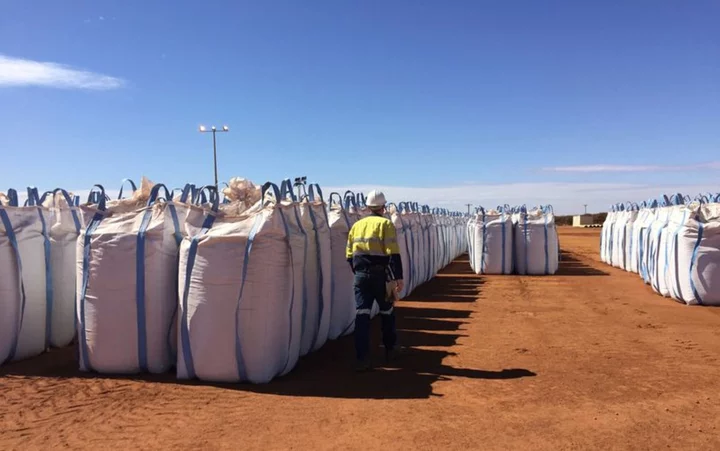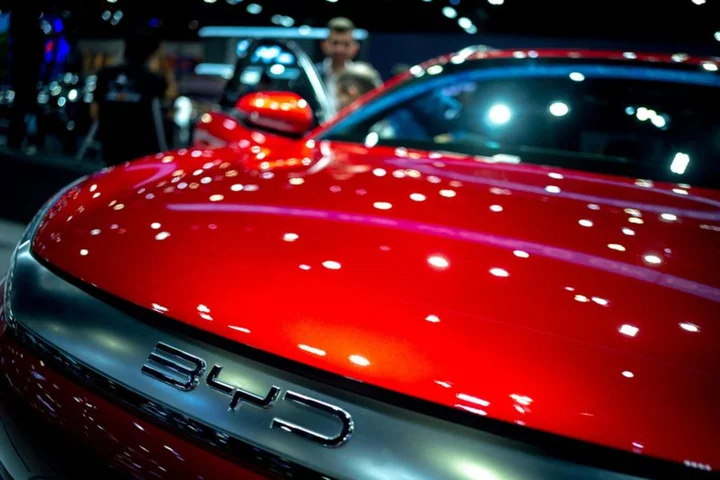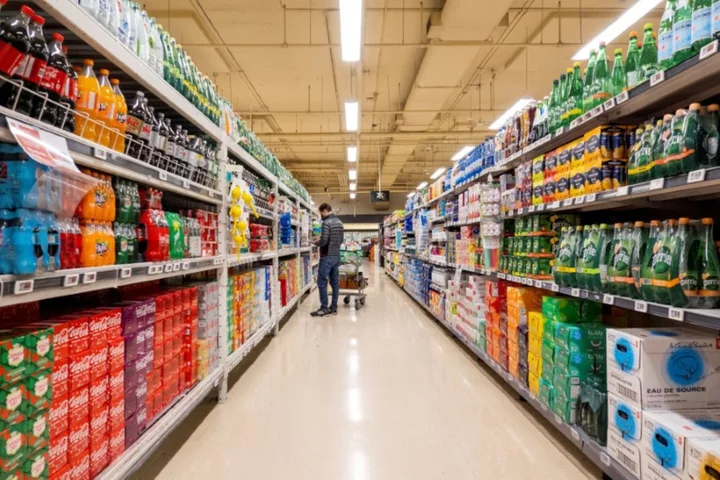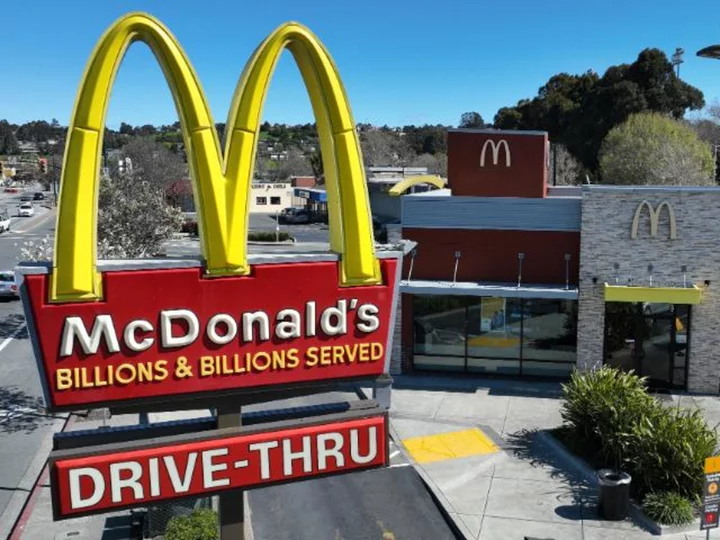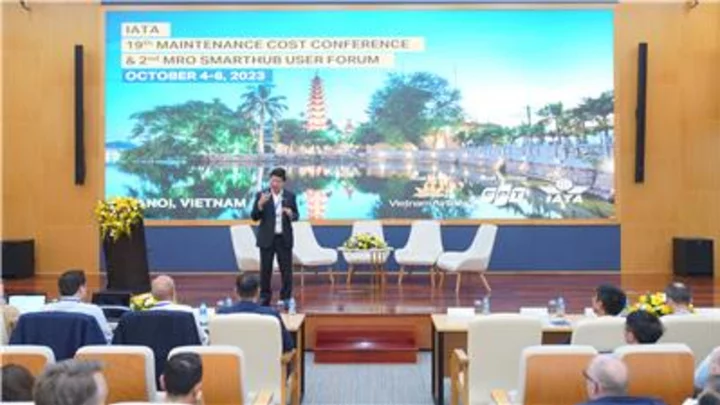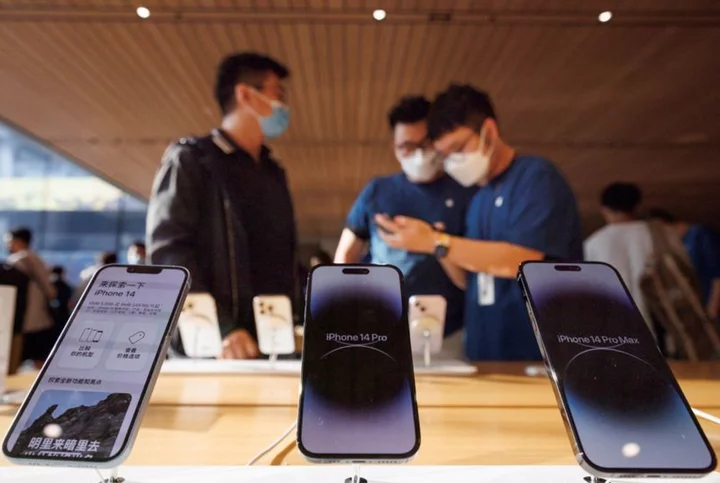By Melanie Burton
MELBOURNE Automakers and other consumers of critical minerals should invest in Australia's materials processing industry to secure ethical long-term supply that can weather geopolitical disruptions, the Australian resources minister said on Tuesday.
One of the world's biggest suppliers of raw minerals, Australia unfurled a landmark strategy on Tuesday that outlines how it will work with investors and international partners to build a critical minerals processing industry.
Australia is the world's top supplier of lithium, and a significant producer of rare earths, cobalt, graphite, manganese and other minerals critical to global energy transition. It also produces copper and nickel, key to green energy but which are not classified as critical.
Despite the government offering billions of dollars in cornerstone investments, minerals developers are still struggling to source sufficient financing to build processing plants due to limited interest from commercial lenders wary of price risk and new technologies.
End-users need to fill the gap, Australia Resources Minister Madeleine King told Reuters: "Come invest. We do have the geology and also a stable investment setting in Australia."
China dominates critical minerals processing, accounting for more than 80% of global rare earths production, and holding large investments in cobalt, lithium and other mining and processing operations in Australia, Africa and South America.
In 2010, China cut exports of rare earths after a dispute with Japan, sparking an international hunt for new deposits. It then ramped up supply, hitting prices and forcing mine developers like Australia's Lynas to find emergency funding or go out of business all together.
"China does hold that capacity. It can if it chooses to, you know, change the market, if it wants to," King said.
Rare earths' magnetic qualities lend them to applications in products from cell phones to electric vehicle batteries to military weaponry, and Australia's deposits are partly why the United States proposed in May to allow its miners to be treated as domestic suppliers under the U.S. Defence Production Act.
Australia, which offered up another A$500 million ($340 million) under the strategy released on Tuesday, can't compete with the investment capital unleashed for new energy projects by the U.S. Inflation Reduction Act, but that policy offers other opportunities to attract investment, King said.
Just last month, U.S. lithium giant Albemarle agreed to spend around $1.5 billion to double capacity at its lithium hydroxide processing operations in Western Australia.
Australia's federal government is now reforming environmental regulations and also working closely with state governments and ministries to streamline permitting, a main industry talking point, King said.
The government can't scrimp on environmental, social and regulatory standards, however, since ethical, sustainable supply is a key strategic advantage for Australia, King said.
($1 = 1.4721 Australian dollars)
(Reporting by Melanie Burton; Editing by Tom Hogue)

